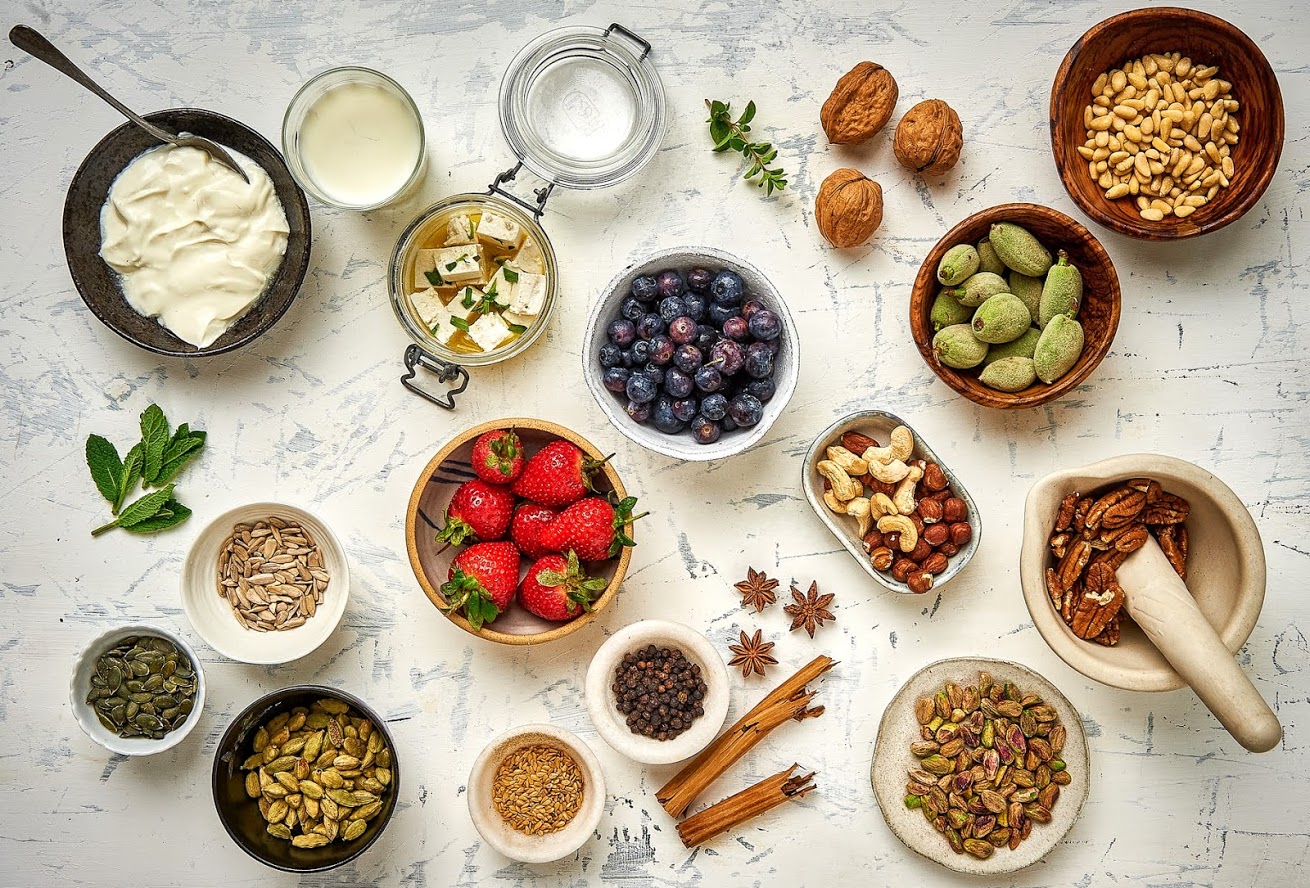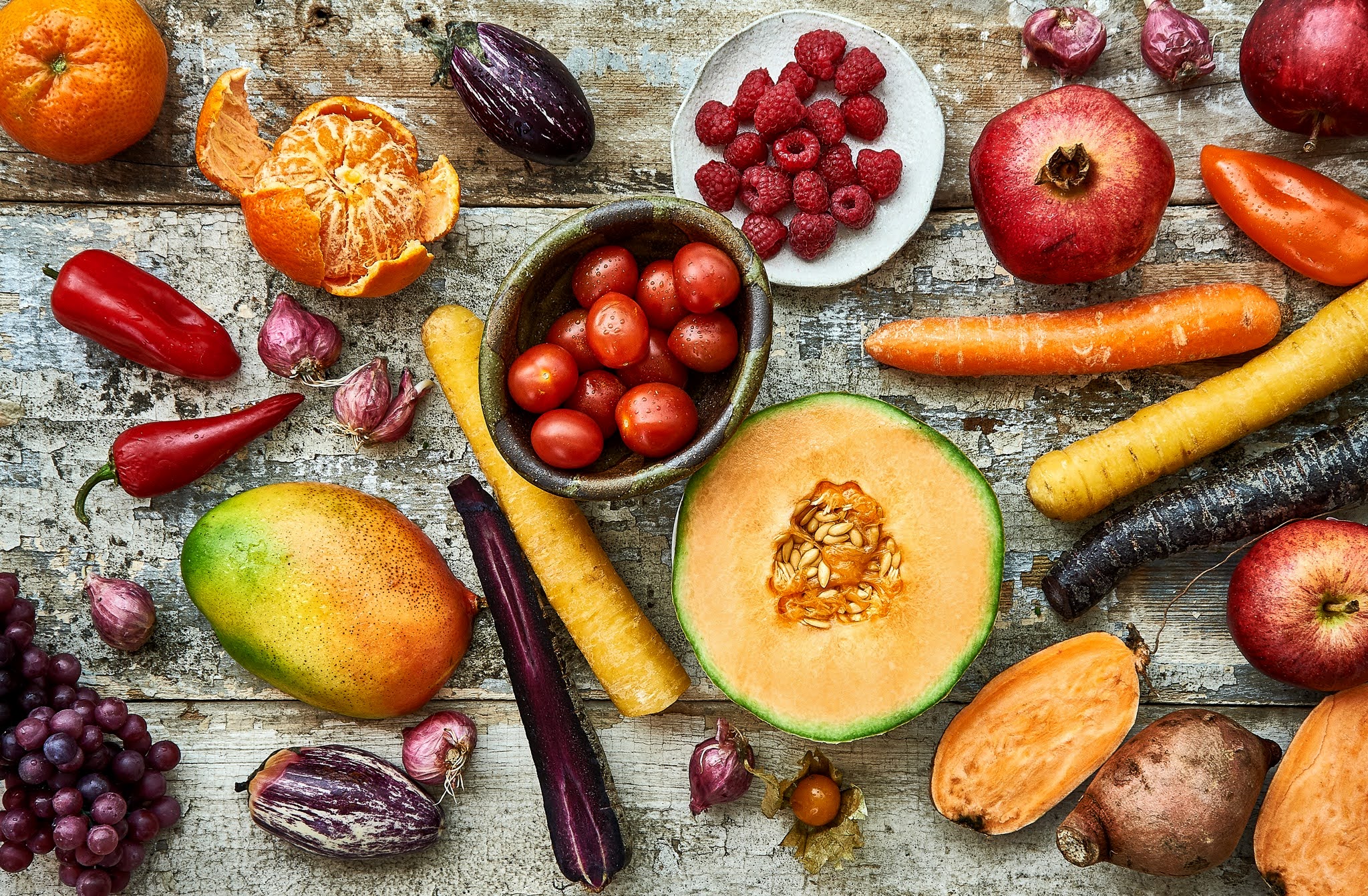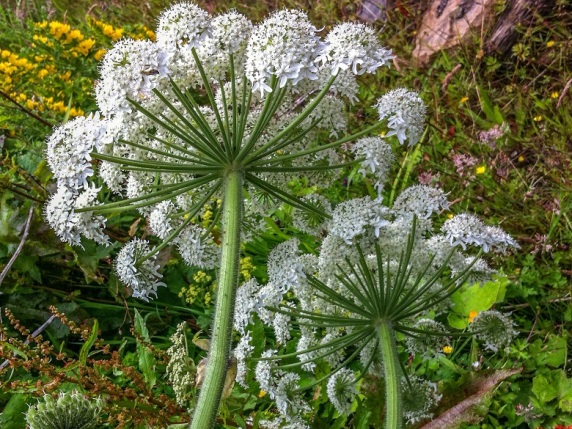
Last year there was a joke circulating, which showed a woman allegedly trying to escape from prison, but it was actually Pesach prep. My pre-Pesach shopping for the first time consisted of buying a couple of packs of Pesadich granola and some sunblock. I sailed out of the Tesco’s joyfully riding my shopping trolley like a scooter because we were about to spend Pesach in a Spanish hotel, which turned out to be surprisingly frum but friendly.
This year, we shall be sedering with Alex’s family, which I look forward to greatly, but it means that I need to consider food planning for the rest of the week.
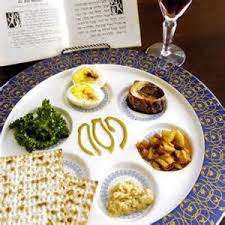
‘Why is this week different from all other weeks?’ should be the 5th question in the Mah Nishtanah and the answer might be ‘because this week we eat a ton of cake, biscuits, matzoh, jam and eggs and get constant stomach bloat!’ Why does this happen? Because it’s tradition and also because we feel continuously hungry.
Remember that too many white carbs, which include matzo and anything made from matzo meal tend to give us blood sugar spikes followed by dips, where we crave more food. Pesach eating doesn’t have to be like this.
Having no bread nor pasta nor rice can be an opportunity to try going low carb instead.Why not: have eggs for breakfast with cheese / mushrooms / tomatoes etc. (and maybe just a little bit of matzo if you feel you must?)
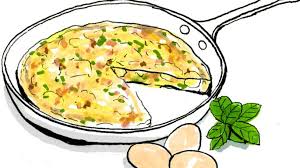 Why not have salmon and salads for lunch, or cheeses, herrings and salads, or sweet potato jackets with vegetables etc?
Why not have salmon and salads for lunch, or cheeses, herrings and salads, or sweet potato jackets with vegetables etc?
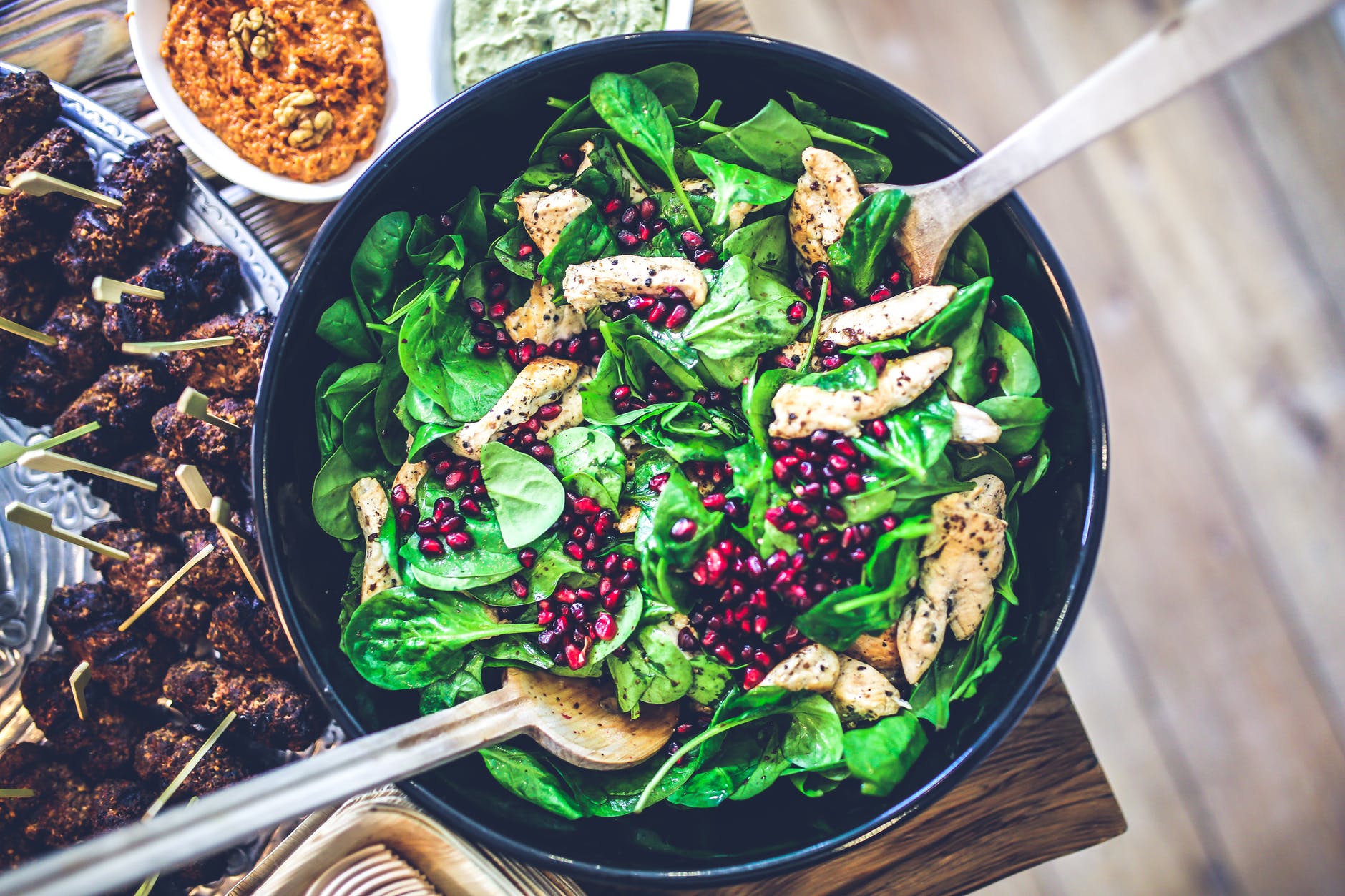
Why not have chicken stir fry for supper, or moussaka, or cottage pie with a cauliflower or sweet potato crust or roast vegetable gratin?
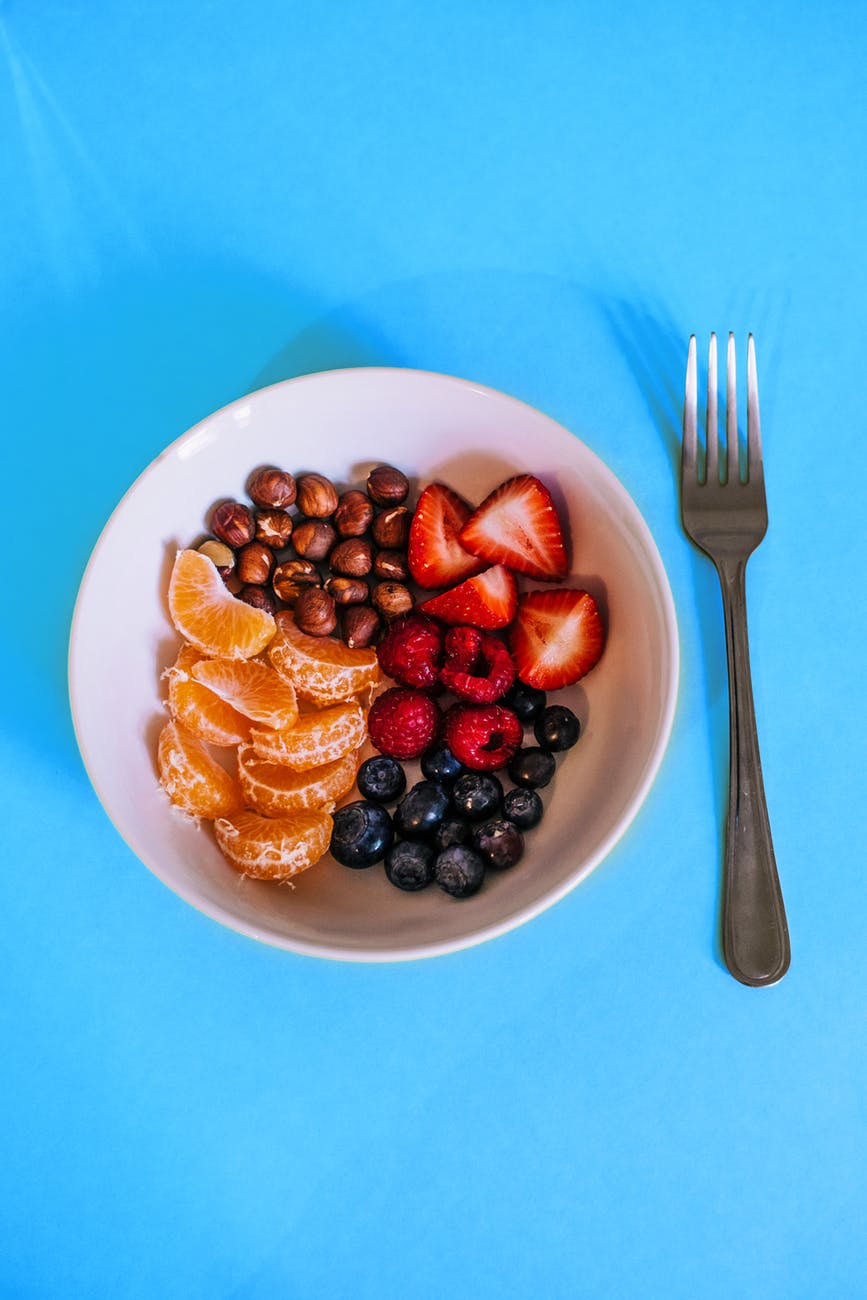
And why not have a good range of fresh and dried fruits and nuts for snacks and desserts?
It is fine and expected to have some matzo in the days following the Seder but why do people feel the need to incorporate it into foods to make them more filling- soaking and squishing it into every meal they can, to replace pasta or pizza bases etc.
We also don’t need high calorie latkes, or pampishkas made from matzo meal nor fizzy drinks and luminous fruit juices, when water, tea and coffee would be far better.
On the more cheerful side, dark Pesadich chocolate in moderation is delicious and a good source of antioxidants.
Keeping Pesach eating fresh and matzo-light can cut the costs and prep time and allow you to emerge from the week feeling leaner and more energetic or at least no heavier.
Wishing you a happy and healthy Pesach!

